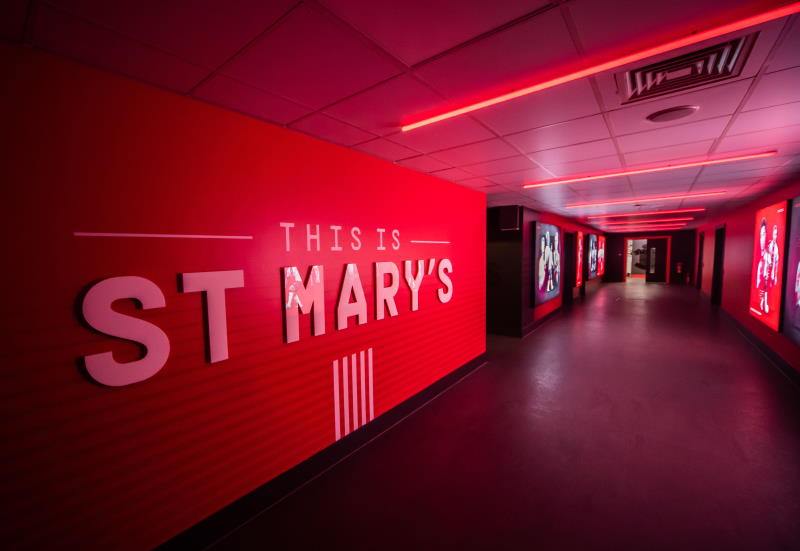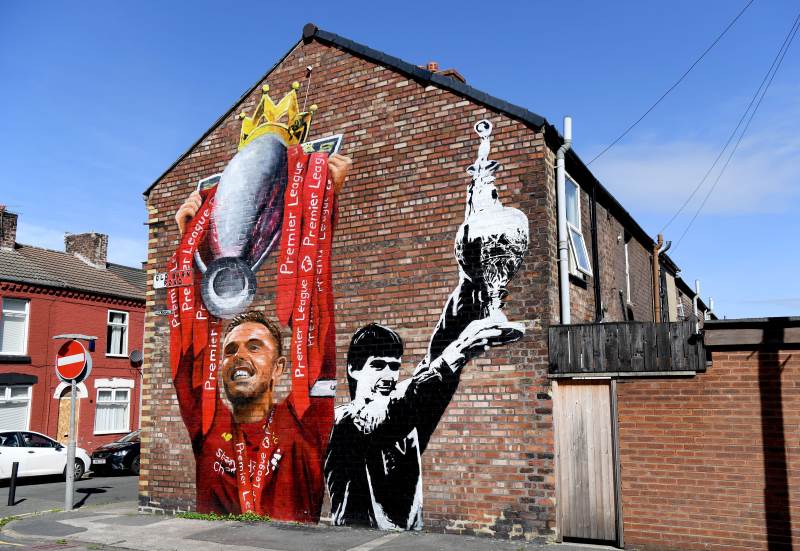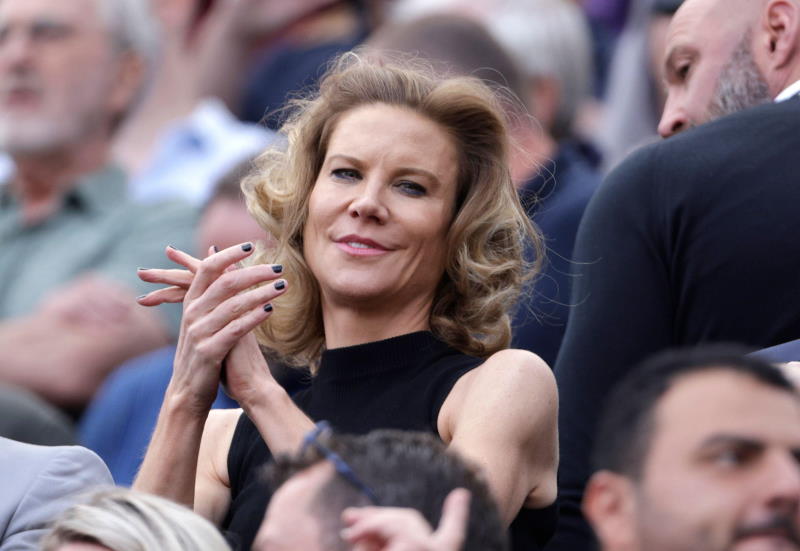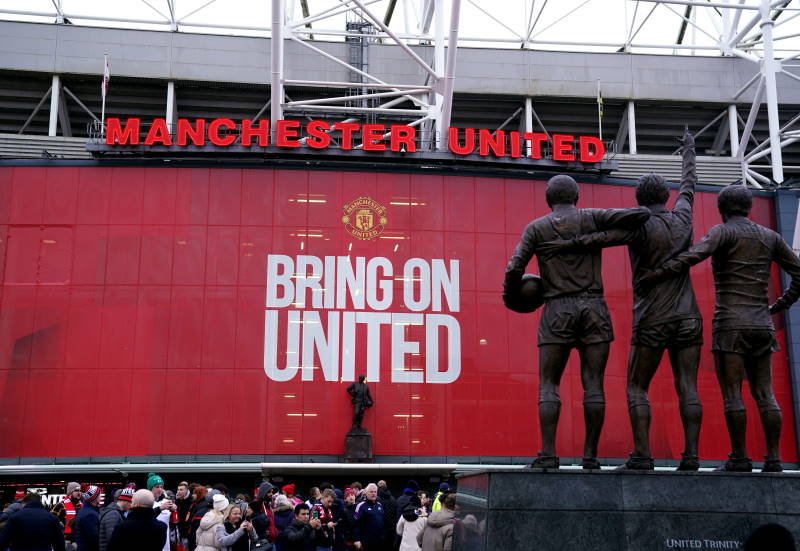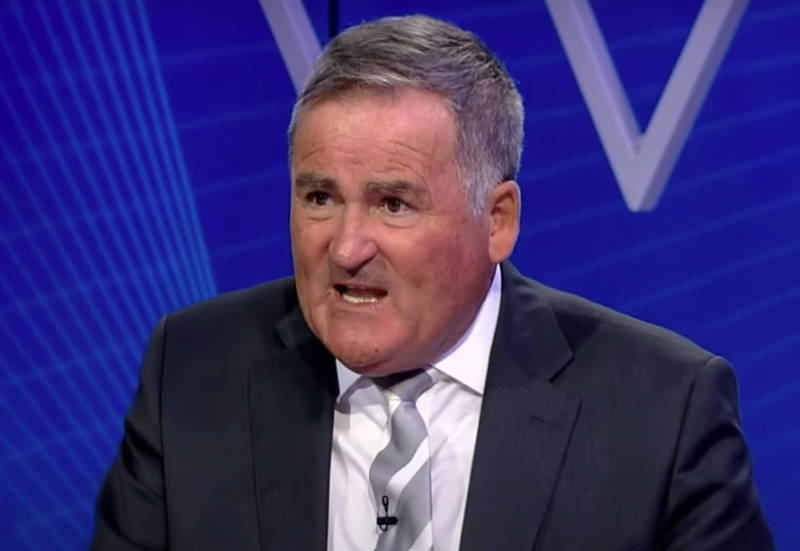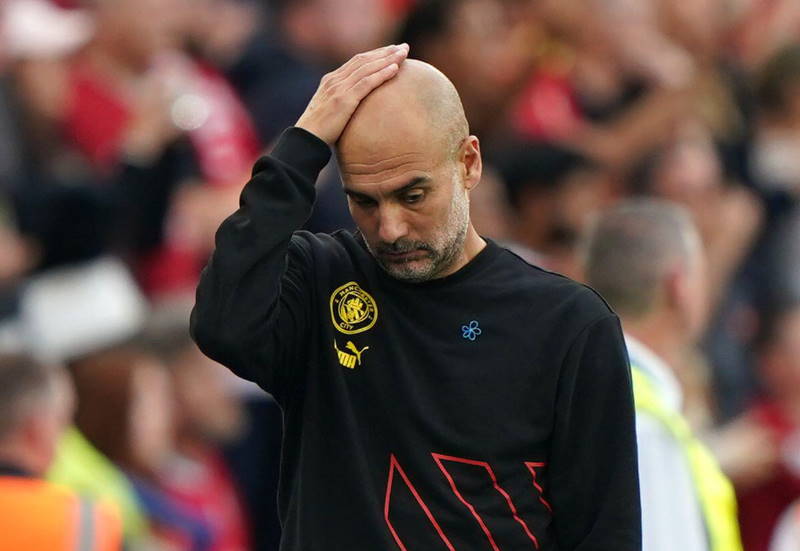
John Welsh
Scottish football has seen its fair share of adversity in recent years, but the decision by Rangers FC to enter into administration this week is perhaps the most calamitous event so far to have been inflicted on the country’s national game. While the prophets of doom will be reflecting on the possible liquidation of one of the giants of European football, this may indeed present the Scottish Football Association (SFA) with a realistic opportunity to preside over a radical overhaul of the national leagues.
Scotland’s demise as a leading football nation is reflected in their failure to qualify for any major tournament in the 21st century. That Celtic and Rangers were eliminated at a very early stage from European competition this season only compounded the disillusionment among the supporters. For Rangers, defeat by Swedish team Malmo in the third qualifying round of the Champions League was particularly devastating, especially when Slovenian side Maribor subsequently beat the Gers in the contest for a Europa League place.
Although it has been argued that Rangers’ failure to progress was a true reflection of the state of Scottish football, the ensuing financial aspects of the defeats were even more alarming. Gone were the anticipated revenues from television rights, gate receipts and prize money from Champions League football, and this for a club who were accumulating significant debts in trying to remain competitive.
Former owner Sir David Murray presided over a fairly successful period on the pitch between 2001 and 2010. However, HM Revenue and Customs (HMRC) have claimed that a £35M tax bill remains unpaid by virtue of the club paying players’ salaries via an employees’ trust. Debts were also mounting, such that by May 2011, Murray sold the club to venture capitalist Craig Whyte for a nominal £1.
Since administration was declared a possibility, a blame game has ensued between Murray and Whyte, especially when the current owner was claimed to have confirmed using future season ticket money to acquire a reported £20M loan from London-based firm Ticketus. Whyte has maintained this was common practice, but has also declared his intention to clear the debts should the club succeed in their case with HMRC.
While arguments will continue to rage as to the reasons for Rangers becoming embroiled in administration, for the supporters it must be very difficult to bear. To quote a sentence in Douglas Beattie’s book ‘The Rivals Game’: "Glasgow is not a divided city, it only sounds like one in the context of the Old Firm." The eternal rivalry between Celtic and Rangers is as fierce as anywhere in the world, and at times it degenerates into real bitterness. No doubt a considerable number of Celtic fans, both in Glasgow and in other towns and cities, will not be slow with their jibes towards the Ibrox faithful. This will hurt Gers fans, but already they are hoping that the team will reduce, what will now be a 14-point gap to Celtic, at the top of the Scottish Premier League (SPL) – Rangers were automatically docked ten points for entering administration. If the points margin is less than ten at the end of the season, it will be observed as a moral victory.
Whatever the outcome of the next few weeks and months, it is clear that a restructuring of both Rangers and Scottish football has become of paramount importance.
For Rangers, Whyte has talked of completely overhauling the club’s finances, although the finer detail has yet to be discussed. Action will have to be swift as they need to emerge from administration before the end of March to allow for their eligibility in European competition next season. There is also the possibility of an asset sale to secure much needed revenue, but any prospect of Ibrox being sold has been dismissed; it is part of a listed building with a sole purpose as a football ground.
Aside from what will certainly be a turbulent period for Rangers FC, a glance at recent seasons in the SPL shows a disturbing trend in general for Scottish football. Since 1996, only Hearts in 2006 have managed to split the Old Firm at the top of the SPL, and since 2008, the points gap between second and third has been 26, 23, 18 and 29. Surely this domination cannot be healthy for the state of the game in Scotland.
While Rangers and, to an extent Hearts, are experiencing financial headaches, a viewpoint gathering momentum is that administration for Rangers could be a watershed moment for Scottish football. Where is the competition? Why are the television companies reluctant to provide in depth coverage of the game?And where are the Scottish football heroes? At one time the English League was blessed with many formidable Scottish players.
In an attempt to address both the Rangers crisis and that of the national game in general, SFA chief executive Stewart Regan has sought an urgent meeting with administrators Duff & Phelps, promising as much help as possible. In a clear statement of intent he mentioned:" This is a profoundly sad chapter in the history of Scottish football and we should not underestimate the potential ramifications for the image of the game as a whole.” With fans of Rangers hoping to arise from the depths of despair, it is to be hoped that firm action on all sides will prevent such a situation happening again. Maybe supporter involvement at some level will be considered.
Only an extreme pessimist will be entertaining the eventual liquidation of Rangers; there are too many interests at stake for that to happen. However, from the adversity of their administration, there may emerge resilience to tackle the fundamental issues needed to restore national football pride, generate more competition and attract much needed inward investment into the game.
Rangers and Scottish football could yet benefit from this latest unwelcome episode.

